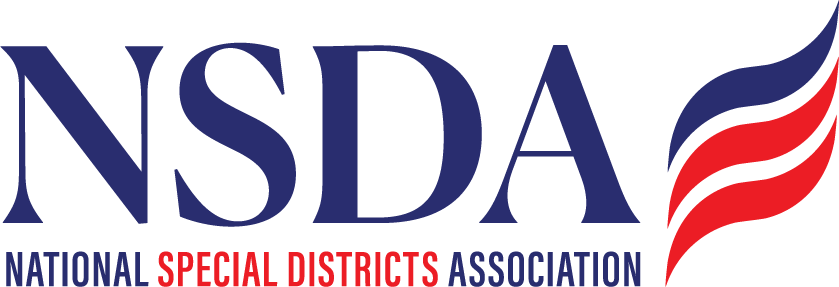Federal Advocacy Update - September 22, 2025
House and Senate Action
The House and Senate are on recess this week in observance of Rosh Hashanah.
No Government Funding Deal in Sight
With just eight days remaining before the federal government runs out of funding, Congress appears nowhere close to averting a shutdown.
Last week, the House narrowly approved a Republican-backed Continuing Resolution (CR) to extend funding through November 20. The measure, billed as a “clean” extension, also includes $30 million for enhanced security for federal officials following heightened safety concerns in the wake of the Charlie Kirk assassination.
The Senate, however, rejected the measure in a 48-44 vote, falling well short of the 60 votes required to advance. A Democratic alternative to extend funding until October 31 - which would also permanently extend Affordable Care Act premium tax credits and reverse Medicaid cuts from the budget reconciliation package - also failed to advance.
Looking ahead, Congress remains at a standstill over the shape of a short-term funding bill. Furthermore, House Speaker Mike Johnson (R-LA) has canceled votes scheduled for September 29 and 30, leaving the Senate under pressure to act in the final hours before the deadline. Senate Majority Leader John Thune (R-SD) has suggested the House-passed measure could be reconsidered, but without bipartisan agreement, its chances of advancing remain slim.
DOE Launches "Speed to Power" Initiative
The U.S. Department of Energy (DOE) has launched a new initiative aimed at accelerating the development of large-scale generation, transmission, and grid infrastructure projects. The effort is designed to ensure the nation can meet rapidly growing electricity demand, particularly from the expansion of advanced technologies such as artificial intelligence and data centers, while maintaining reliable and affordable energy access.
As part of the rollout, DOE issued a Request for Information (RFI) seeking input on near-term investment opportunities, project readiness, load growth expectations, and infrastructure constraints. The initiative reflects DOE’s conclusion that the current pace of project development is insufficient to keep up with manufacturing expansion, reindustrialization, and broader economic needs.
DOE is encouraging utilities, state and local governments, grid operators, and private sector partners to provide feedback on how federal resources and authorities can be used most effectively to expand grid capacity and strengthen national energy security.
Bill Re-Introduced to Expand Medicaid Coverage for Mental Health and Substance Use Services
Last week, a bipartisan group of lawmakers reintroduced legislation - the Michelle Alyssa Go Act (H.R. 5462) - that would raise the federal cap on Medicaid-eligible in-patient psychiatric beds from 16 to 36. The current cap - known as the Institution for Mental Disease (IMD) exclusion - has long been cited as a barrier to care, limiting the number of patients facilities can serve while still receiving Medicaid reimbursement.
Supporters argue that increasing the cap is a critical step toward addressing the nation’s ongoing mental health and substance use disorder crisis, which have been exacerbated by rising demand for behavioral health services. While an identical measure was introduced in the last two Congresses, it did not advance.
If enacted, the legislation could help expand access to treatment options in communities across the country, particularly in areas where bed shortages have strained local hospitals, first responders, and public health systems.
